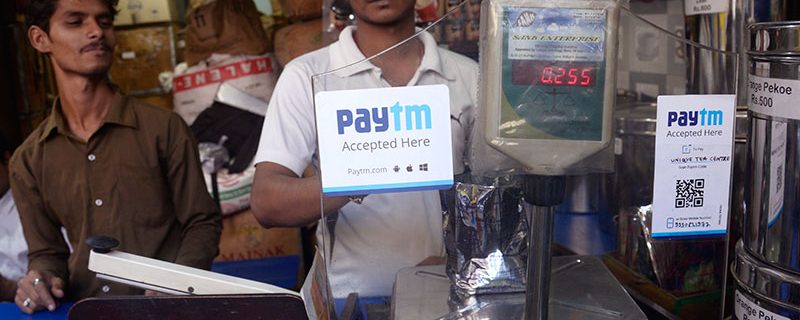In a world first, Indian citizens have been offered a 10 percent discount on insurance policies, highway tolls and train tickets purchased online. India's Finance Minister, Arun Jaitley, said the government also plans to waive the service tax for online transactions below 2,000 rupees ($29.70) and introduce a 0.75 percent discount on cashless petrol station purchases.
The move has come in reaction to Prime Minister Narendra Modi's recent decommissioning of the country's two highest denomination bank notes – a move which attempted to curb the primarily cash-fuelled black market. The sudden currency recall resulted in frustration and unprecedented queues at banks as people attempted to rid themselves of their now defunct currency. The move also created concern within the historically cash dependent population. “We Indians love our cash, cash is auspicious, cash has meant power”, said Naveen Surya, Chairman of the Payments Council of India, in an interview with said.
Inducements toward digital payments have traditionally come from businesses waiving processing charges, rather than any government backed discounts. “By making digital cash cheaper than physical money, the government is trying to cure India of the disease of cash”, said Surya.
The project remains an ambitious one: for the 1.3bn citizens of India, 600 million don't have access to a bank account and less than 300 million use the internet
However, systemic problems still remain. Cash payments are common among tax evaders and there is an ongoing issue with the majority of wage earners receiving cash payments that never enter the electronic payments ecosystem.
Despite this, the cash scramble provided a much-needed boost to the national cashless payment platform, the United Payments Interface (UPI). UPI is a new solution introduced by the National Payments Corporation of India (NPCI) in a bid to simplify the process of online transactions. It is a payment platform that allows transfers between any two bank accounts. Users access the system through an app on their smartphones and are able to directly pay merchants without the need for credit card details, account numbers or the Indian Financial System Code of the beneficiary.
Stuart P Milne, Group General Manager and CEO of HSBC India, told The Times of India: “A UPI-enabled platform will help the migration of cash towards the electronic platform… [it will] support the larger vision on digital payments while overcoming the challenges of a cash-fuelled economy.”
These subsidies are a step in the right direction for the nation. In supporting the newly growing UPI system, they play an important role in building the population's trust in the digital world of payments and shifting the country's cash centric mentality. However, the project remains an ambitious one: for the 1.3bn citizens of India, 600 million don't have access to a bank account and less than 300 million use the internet. As one troubled Indian company owner told The Wall Street Journal: “You may want the entire country to go cashless, but you can't make that happen overnight.”



